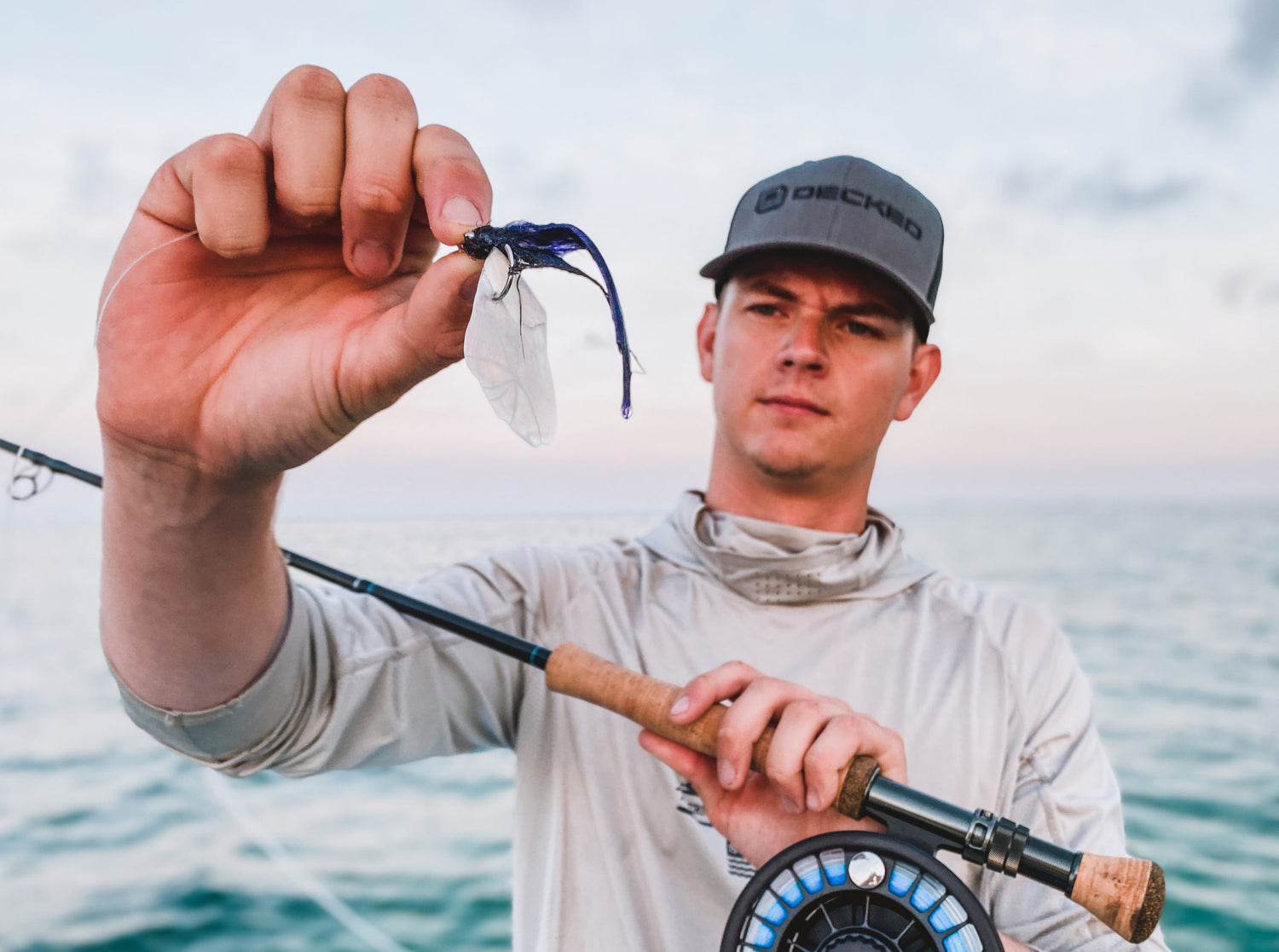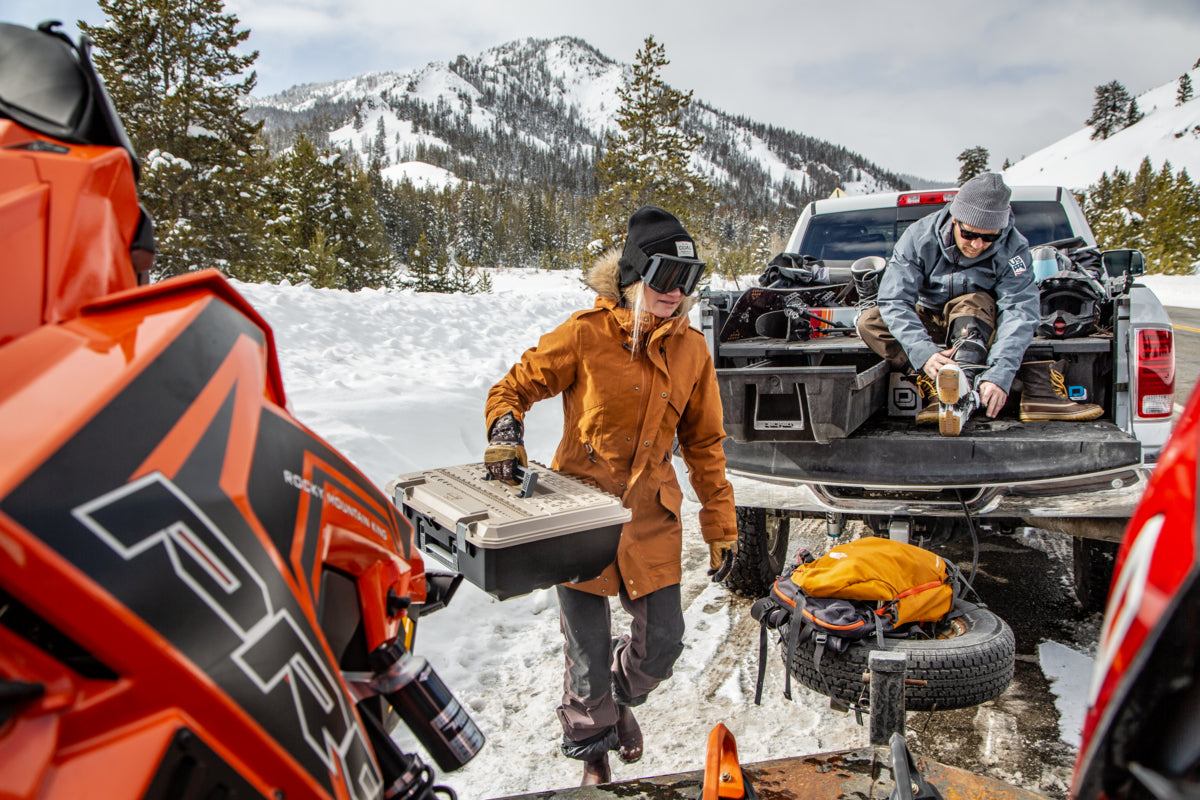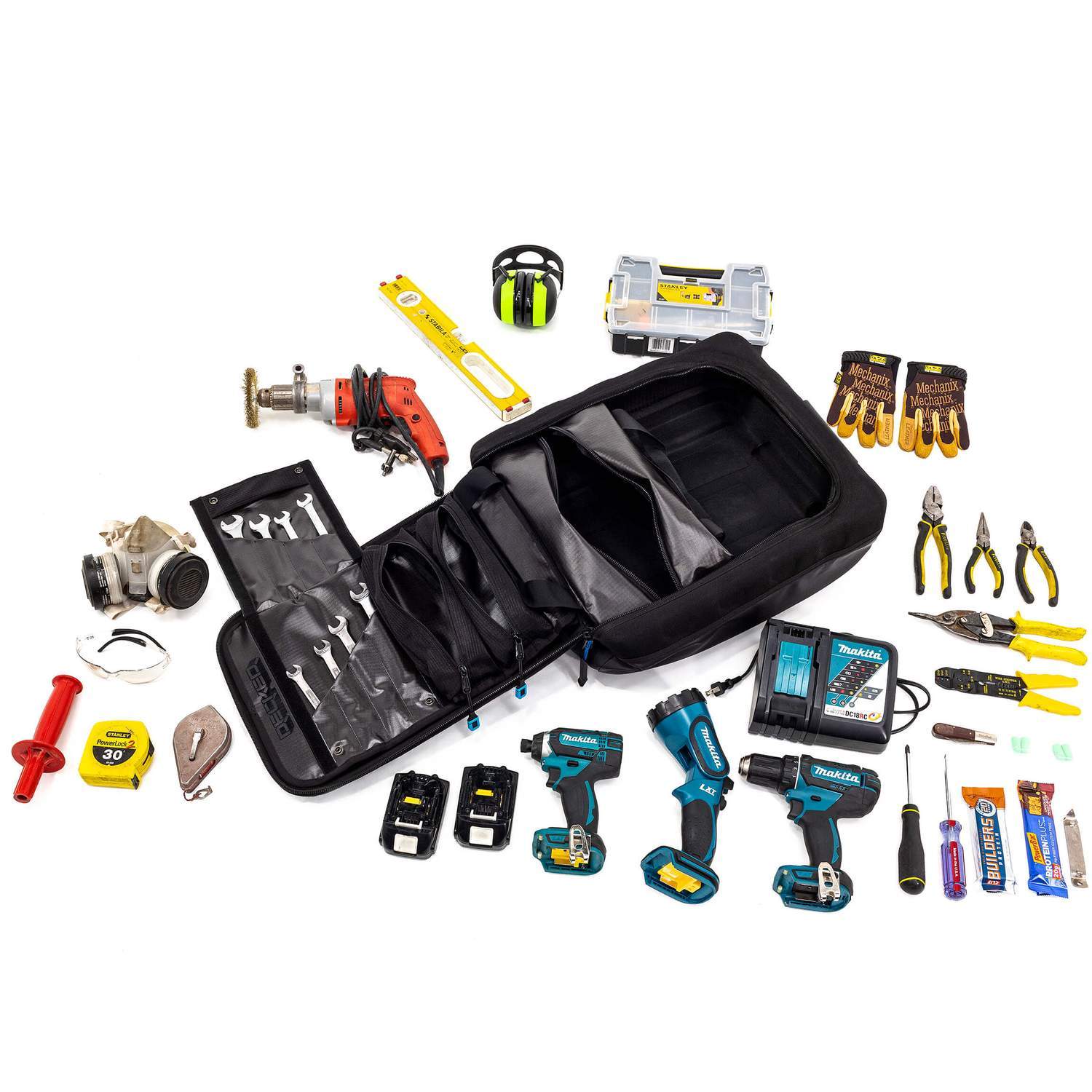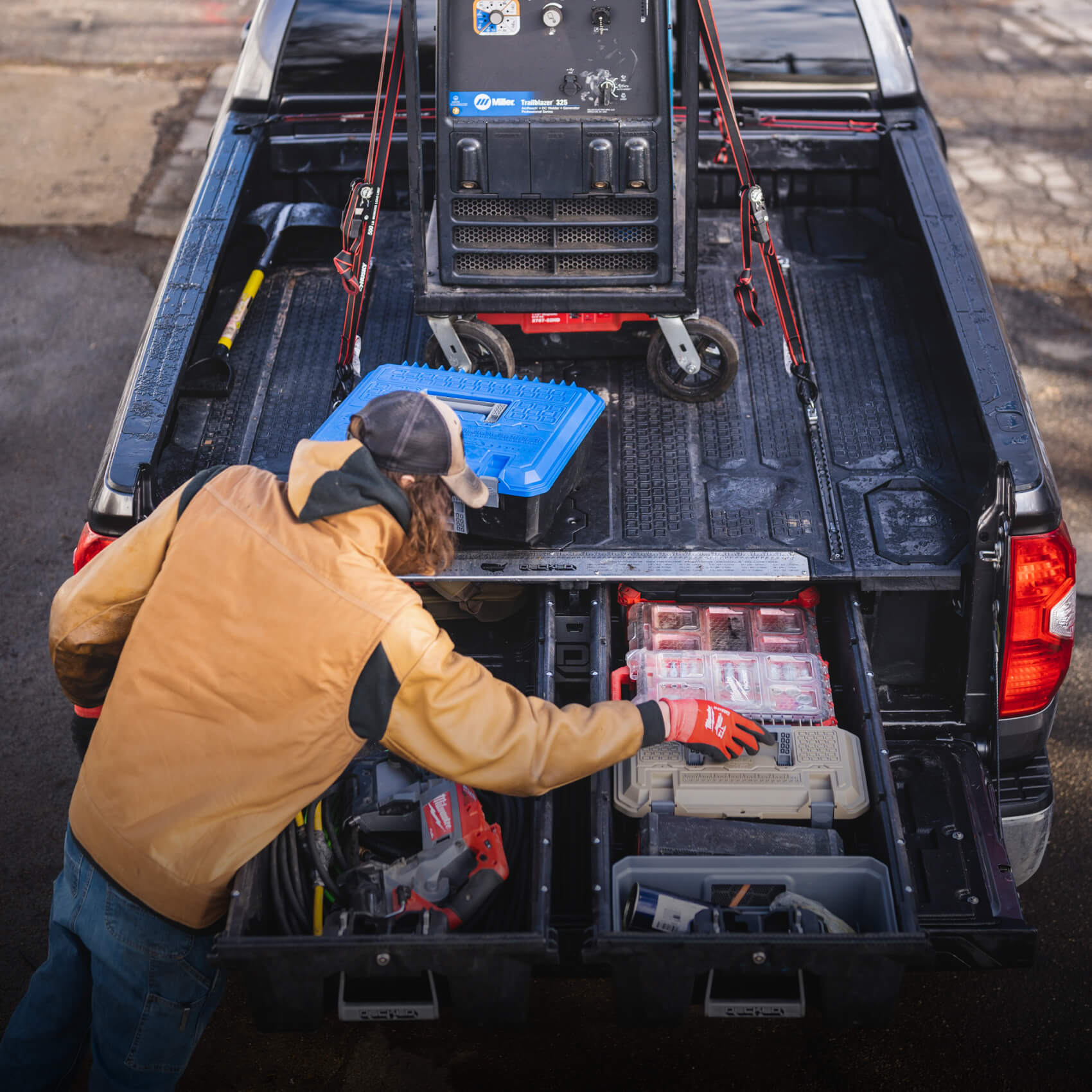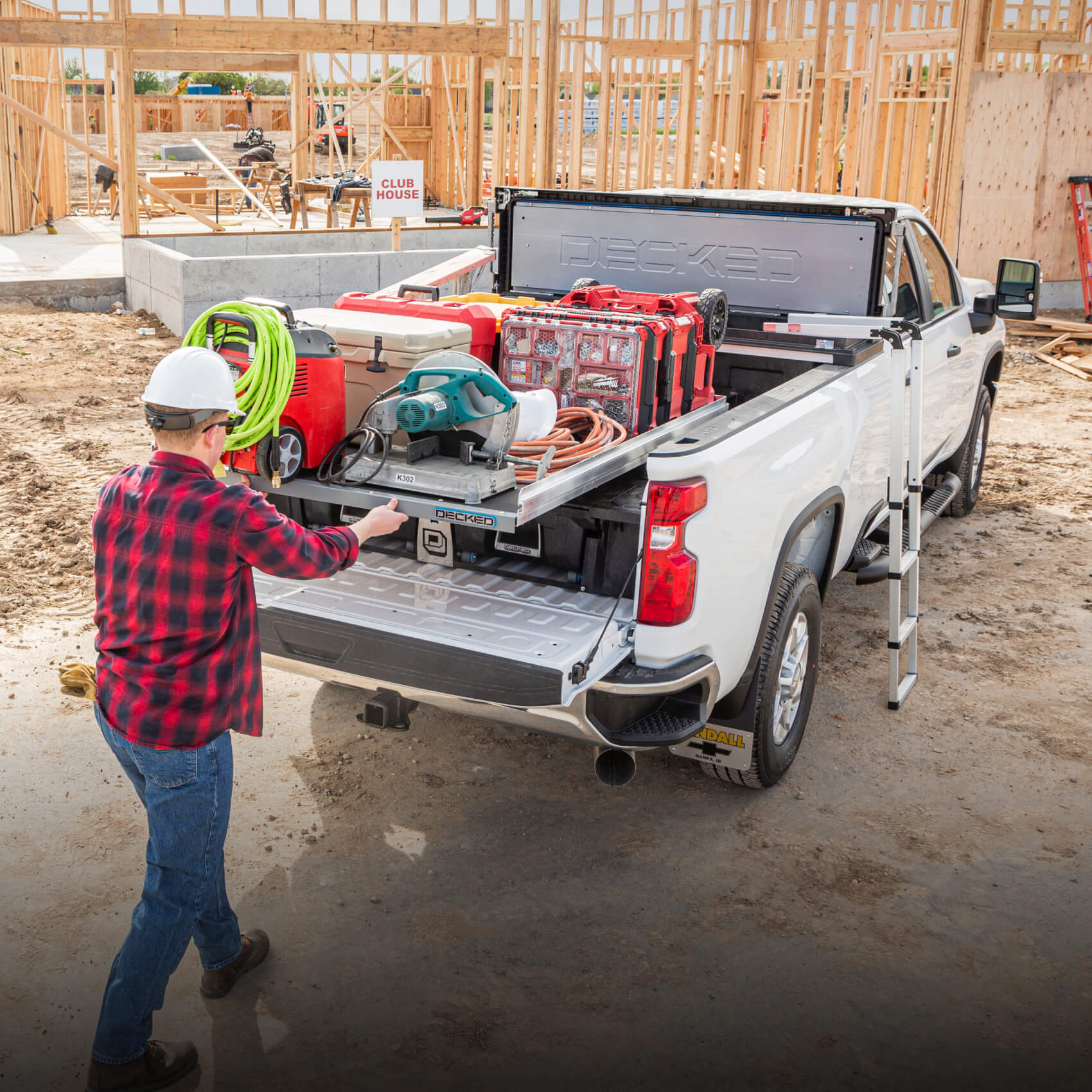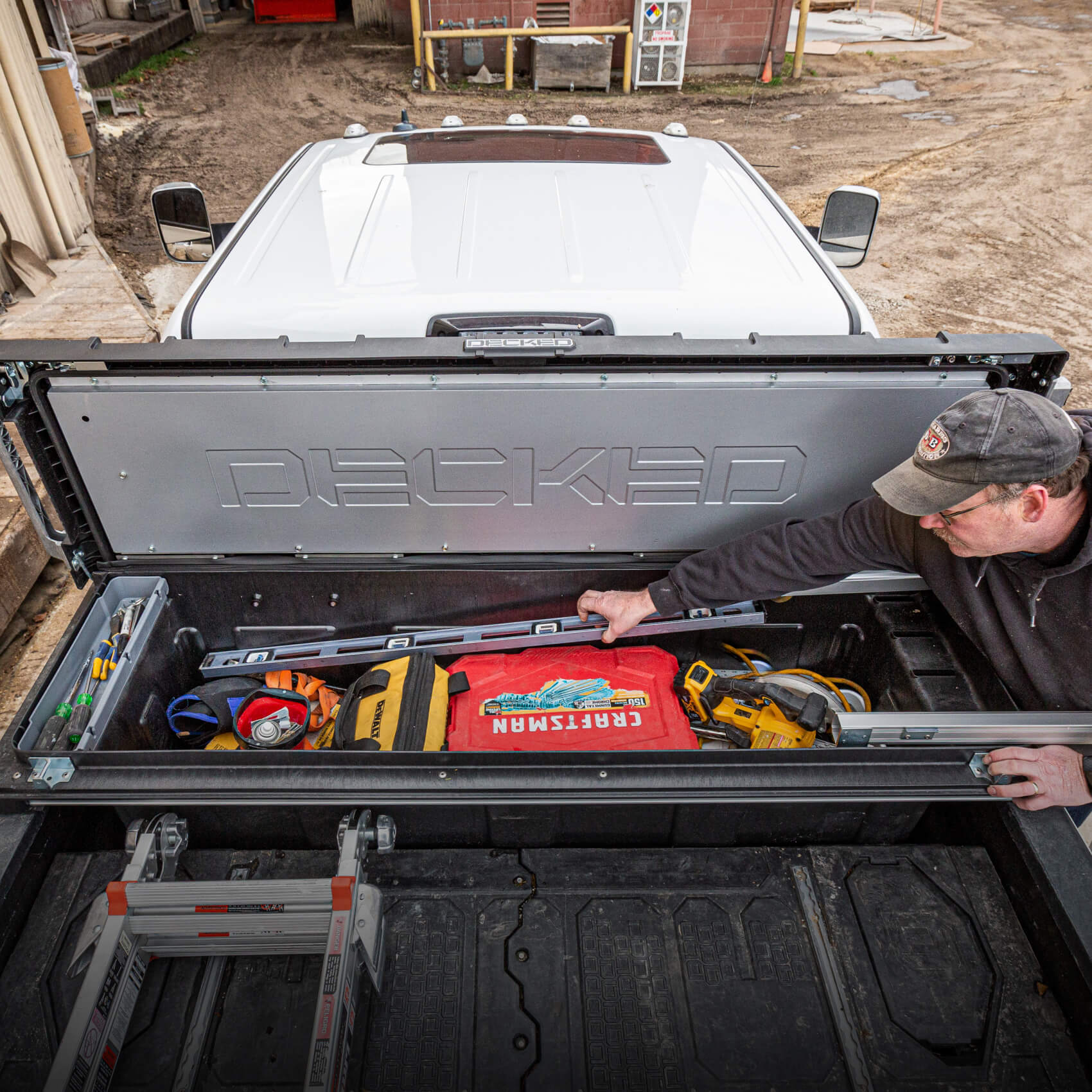Ladies and gentleman, let us introduce you to Fly fishing extraordinaire, cody Rubner.
Hey Cody, Thanks for taking the time to sit down and chat with us. To set the stage a bit, tell us where you are currently?
Currently checking in from Stuart, Florida! Tarpon season is in full swing here and while I would love to be floating off the beach looking for schools right now, Mother Nature has different plans so we’re on land today.
Is that where you’re from originally?
I’m actually a New Englander. I grew up on Cape Cod and got my degree in Marine Biology from the University of Maine before heading south to warm up.

Florida sounds like a fun place to be, what keeps you busy down there?
South Florida is a wild place. Thankfully, what I love to do keeps me away from most of the circus. Everything I do revolves around fishing or the oceans. The fisheries we have available to us in Martin County are incredible. There’s a ton of variety – tarpon, permit, snook, redfish, cobia, sailfish, mahi, jacks – if it swims in Florida, we likely have it. There is something world-class to chase just about every month of the year.

There’s so many species to chase in Florida, what are your main target species and what is your favorite to get clients on?
If I could only chase one species for the rest of my life – it would be tarpon. The incredible juxtaposition of needing to have all the power in the world to fight and land them efficiently while also needing all the finesse and tact possible to earn that chance is addictive. They’re giant. They’re smart. They launch from the water like one of Elon’s rockets. How can you beat that?

Spending so much time on the water means you’ve got to have some good stories to tell. What’s your craziest client/fish/weather story?
I have my fair share of fun angling stories. That being said, the moments that are most memorable for me are the “right time, right place” moments where you have front row seats to experience the ocean’s symbiosis in action. The type moments that have you looking around for Nat Geo’s camera crews: groups of giant manta rays swimming right under the boat, watching hundreds of blacktip sharks migrate up the beach as they interact with schools of tarpon and sea turtles they encounter along the reef, schools of pompano and permit feeding off the backs of spotted eagle rays – those are the moments that ignite my passion helping others connect with our oceans.

If you weren’t guiding, what else would you do to make your money?
I have a creative hunger I need to feed to maintain a balanced life –mainly writing and photography. I’ve been fortunate enough to get the opportunity to work for some world-class companies in brand marketing – so when I’m not on the water, I’m set up at the computer scratching that itch.

Any tips for someone looking to get into saltwater fishing?
There are significantly more variables in saltwater fishing than freshwater – which can be hard to grasp early on. It’s extremely important to ask questions and always be thinking about the “why” behind an experience. Why would the fish want to be there? Why might they be gone the next day? What has changed in that short time window? While there are always anomalies, fish almost have a reason for doing what they do.

You hit some weather, ride out a storm and find out you’re shipwrecked, what’s one item you wish you had on your boat?
The practical answer here would be an EPIRB, safety equipment, fishing gear, food… but for the sake of a fun Q&A, I’ll go with my camera. I currently shoot with a Canon EOS 5D Mark IV. You never know what you’ll see drifting around on the deep blue! That mystery is what drives me to get out of bed every day. They might not find me in time but hey – at least they’ll find a full memory card!
Tell us a bit about your rig? Both your boat and your truck.
On the water I’m running a Hells Bay Waterman skiff powered by a 70HP Yamaha. It’s a mean little 18-foot skinny water, race car that only drafts a couple inches of water on the flats and still performs out front on the big water in reasonable conditions. I’m towing it with a 2019 3.5L TwinTurbo Ford F150 sitting on 35x12s. I’m having a ton of fun building out this truck and have made some modifications – but the most functional, valuable addition by far has been my DECKED system .



How do you use your DECKED system? What is your favorite feature? What accessory do you like best and why?
My DECKED system has significantly reduced the amount of “ah, sh-t” moments I have at the ramp or on the road when I realize an item I need is at home. The ability to have everything for different fishing disciplines, boat and trailer maintenance with me 24/7 is a game changer. When you are committed to variety in your curriculum on the water, you need to be prepared for every scenario – which in turn means you value every single square foot of space in a compact skiff. My DECKED system allows me to keep my skiff layout modular and make last minute changes to ensure I’m always prepared for any adventure. Furthermore, it provides me a lot of security to be able to keep everything safe under lock & key when I hit the road for tournaments or fishing shows. I can travel around chasing gills confidently knowing I’ve got my tools, mobile chargers and additional gear so when minor hiccup occur along the way, they stay exactly that – minor.



